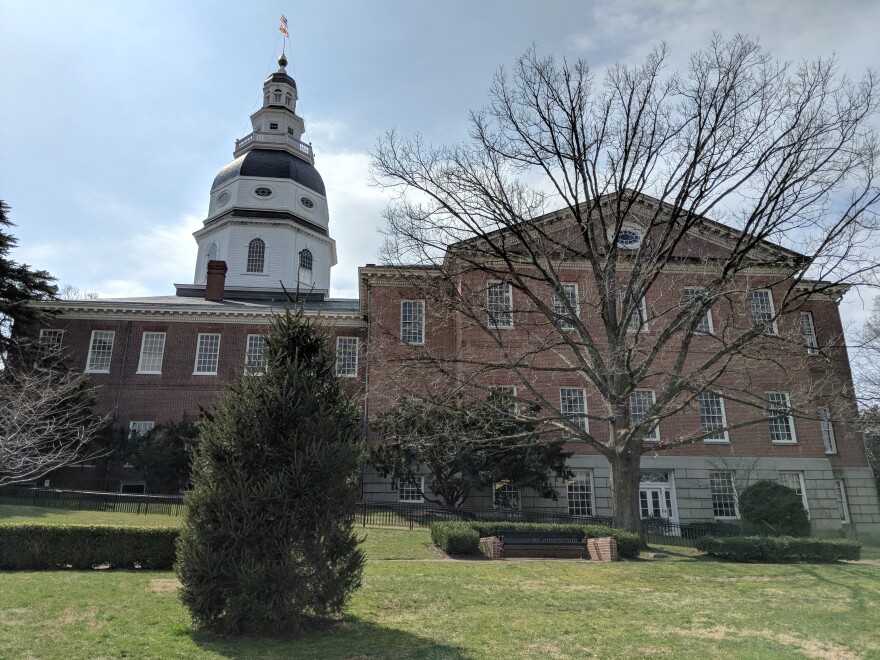Typically when state lawmakers return to Annapolis for the annual 90-day legislative session, each brings a unique set of priorities. But when the General Assembly convenes for its 441st session on Wednesday, one subject is poised to overshadow almost everything else: A proposal to overhaul public education in Maryland.
Democratic leaders in the state Senate and House of Delegates say they are confident the legislature will pass the sweeping education reforms recommended by what is known as the Kirwan Commission, and they say they won’t raise taxes to pay for the plan.
Baltimore Sen. Bill Ferguson, who has been nominated to replace Mike Miller as Senate President, said those reforms will be the “primary driver” of the session.
“I believe deeply that this is a once in a generation moment to do something truly meaningful to set the next generations up for success in a globalized world,” Ferguson said during a recent interview.
The commission led by former University System of Maryland Chancellor William “Brit” Kirwan spent three years developing the plan. Their goals were reducing inequities in the school system and making Maryland schools globally competitive. Proposed changes include free preschool for more Marylanders; new resources for schools in high-poverty areas; higher pay and training standards for teachers; and new job training programs for students.
At the end of a 10-year phase-in, the plan is predicted to add nearly $4 billion dollars to annual school spending.
“The cost of doing nothing is so astronomical, it is unbearable for the state of Maryland if we continue to perpetuate a system with deep inequities where less than 40% of our high school graduates are reading at a 10th grade level or doing Algebra I, Algebra II math at a sufficient level,” Ferguson said.
As for how the state would pay for the proposed changes, Ferguson said not to expect income, property or broad sales tax increases.
Leaders say they have already identified how they will pay for the first three years of the plan, and they expect casino revenues to cover a portion of the costs for the foreseeable future.
House Speaker Adrienne Jones said lawmakers have some ideas about where to find the rest of the necessary funds.
“We had looked at sports betting,” Jones said. “We had looked at repealing some of the tax credits that we had put in, and we’re just looking at any other types of resources.”
House Appropriations Committee Chair Maggie McIntosh suggested another option to cover some of the costs: a new sales tax on e-books. She compared it to the expansion of online sales tax the legislature passed last year.
“We're really modernizing our tax code to reflect the current economy and how we purchase goods,” she said.
Republicans say the proposed reforms are too expensive. They’re skeptical of promises that tax increases won’t be necessary.
Republican Gov. Larry Hogan said at a press conference last month that he won’t support increases in state taxes to pay for the plan.
“There’s one thing we know for certain and that is that more funding alone does not equate to better results,” he said.
House Republicans plan to sponsor some alternative, less pricey ideas for improving education, said House Minority Leader Nic Kipke. Among these, they hope to expand the use of vouchers that students in the worst performing schools can use to attend private or parochial schools.
“I say for the parents and the grandparents and the others who are taking care of those kids, give them the freedom to choose,” Kipke said. “We can afford it. It's a cheaper proposal than what's being currently proposed by the Kirwan Commission.”
Hogan and Democratic leaders also have competing plans to increase the amount of money available for school construction and renovation projects. Legislators have made their initiative House Bill 1 and Senate Bill 1, a symbol that the measure is their top priority. They say it would yield $2.2 billion over five years.







